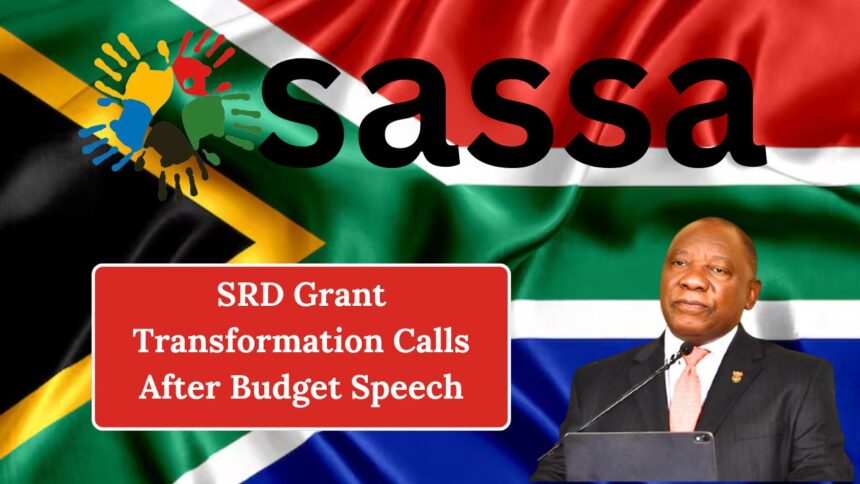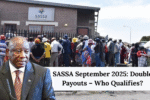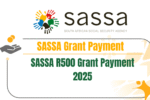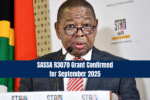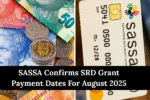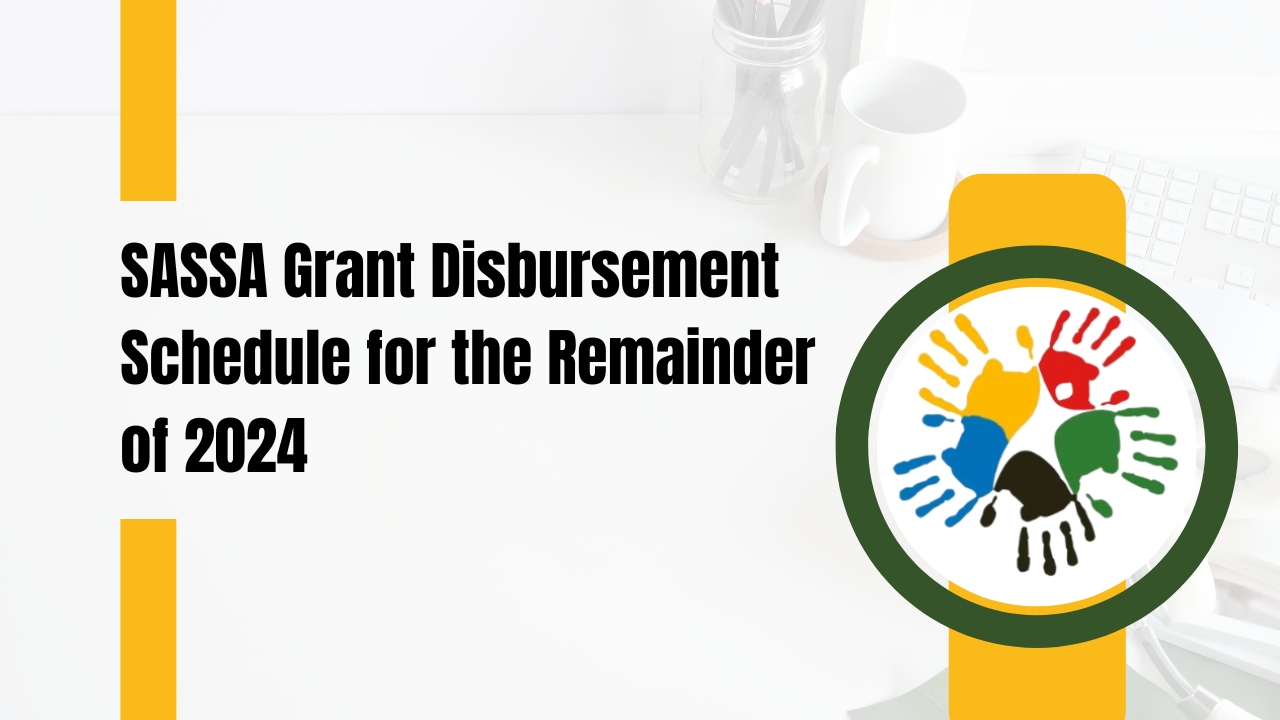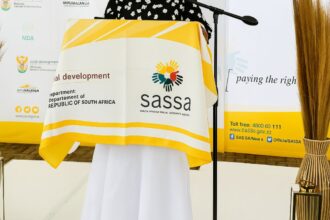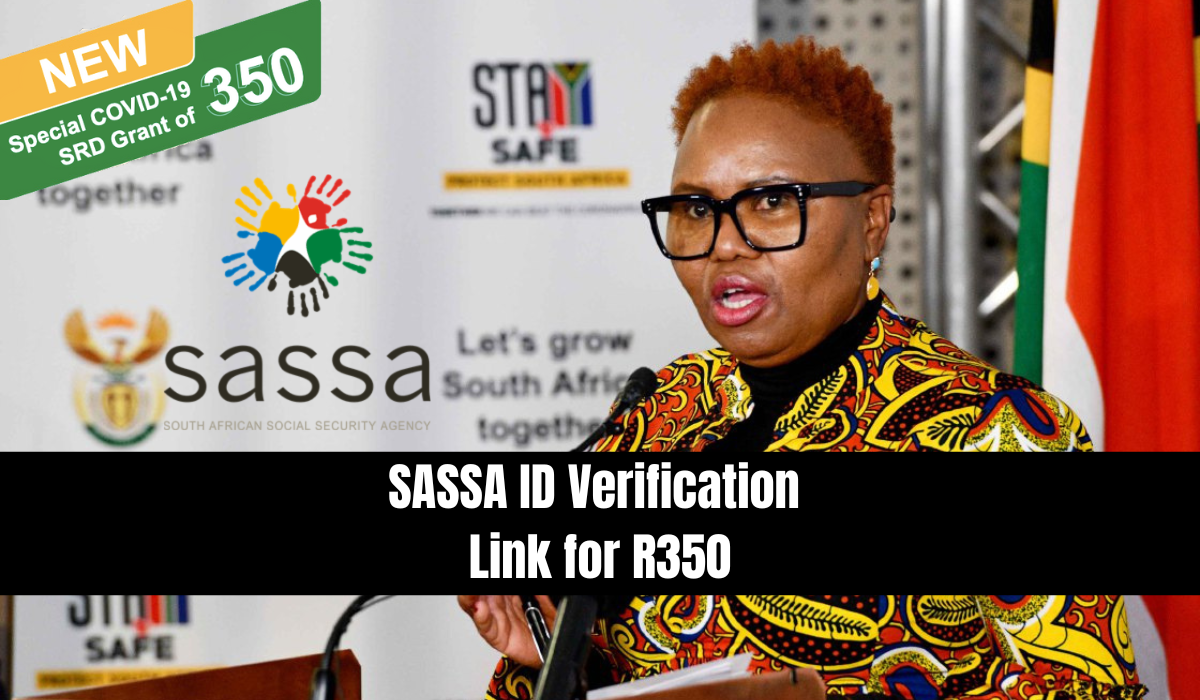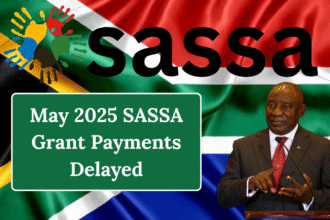SRD Grant Transformation Calls After Budget Speech. The Social Relief of Distress (SRD) grant continues to be a crucial form of financial support for millions of unemployed South Africans. Following Finance Minister Enoch Godongwana’s 2025 Budget Speech, renewed calls have emerged for transforming the SRD grant into a more sustainable and long-term support mechanism.
SRD Grant Extended Until March 2026
Minister Godongwana, during his third Budget Speech, confirmed that the SRD grant will continue until 31 March 2026. Initially created in response to the COVID-19 pandemic, the grant has since become a lifeline for individuals between the ages of 18 and 59 who are unemployed and have little to no income.
This extension comes as a relief to many, but it also raises critical questions about the future structure of social support in South Africa. To continue offering the current monthly payment of R370 per beneficiary, the government has allocated a substantial budget of R35.2 billion, which also includes administrative costs.
Budget Speech Raises Questions and Hopes
While the Budget Speech provided short-term reassurance about the continuation of the SRD grant, the Finance Minister also hinted at possible reforms. These reforms could see the SRD grant integrated into broader employment strategies, such as job-seeker allowances and improved Active Labour Market Programmes (ALMPs).
This dual strategy aims to achieve two key outcomes:
- Immediate financial relief to the unemployed.
- Long-term empowerment through employment opportunities.
The proposed changes indicate a shift in how the government envisions social support, not just as a safety net but as a bridge to economic inclusion and self-sufficiency.
Stakeholders Call for Permanent Basic Income Support
While the extension of the SRD grant is welcomed, civil society organisations are demanding more than just temporary relief. Leading the charge is Black Sash, a prominent civil society group in South Africa.
Black Sash welcomed the extension but strongly reiterated the need for a Basic Income Support mechanism. According to the organisation:
“The SRD Grant has been a lifeline for many, and the fact that it has been extended is encouraging. However, we urgently need a clear political and fiscal commitment to permanent support for adults aged 18 to 59 who are without income.”
They argue that vulnerable citizens cannot continue to rely on annual budgetary extensions and instead deserve long-term income security through Basic Income Support.
Reversal of VAT Increase and Fiscal Concerns
Earlier this year, the government reversed a proposed Value Added Tax (VAT) increase. While this decision was popular with the general public, it raised fiscal concerns regarding the sustainability of social grants, including the SRD grant.
Some stakeholders feared that without additional tax revenue, the National Treasury might struggle to sustain the grant. However, the government’s renewed commitment indicates that social relief remains a policy priority, even amidst economic constraints.
What Is Basic Income Support?
Basic Income Support is a form of unconditional regular income provided by the government to individuals, especially those who are unemployed or underemployed. In the South African context, it would serve as a permanent grant for those who are too young to receive an old age pension and do not qualify for child or disability grants.
Proponents argue that Basic Income Support would:
- Reduce extreme poverty and inequality.
- Promote dignity and social cohesion.
- Stimulate local economies through increased spending.
- Serve as a foundation for economic participation.
Linking Social Grants to Employment
In his address, Minister Godongwana made it clear that the government is not merely focused on passive income support. The idea is to link social assistance with active economic participation. One proposal under review is the job-seeker allowance, aimed at encouraging unemployed individuals to seek work while receiving a modest income to cover basic costs.
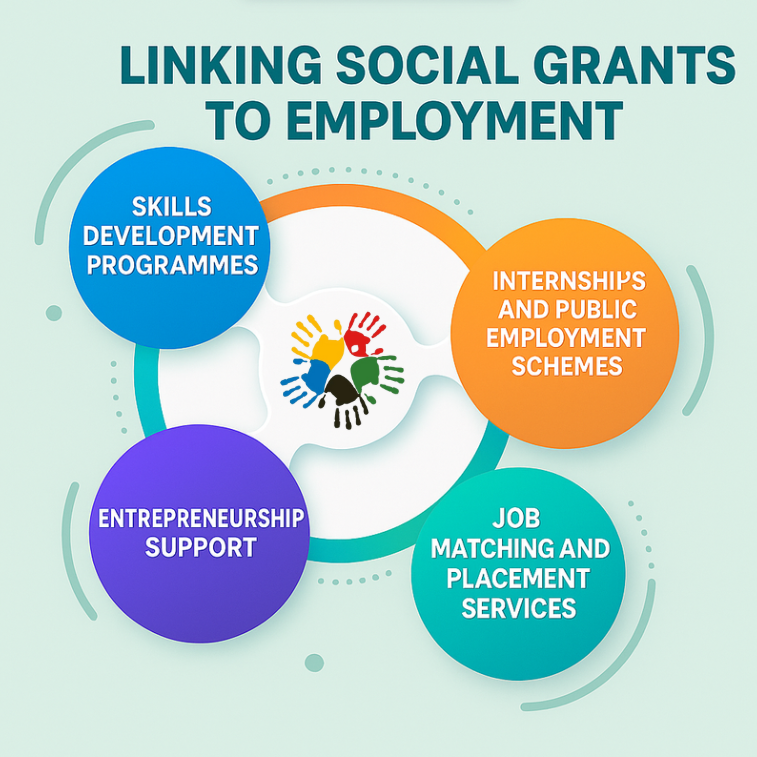
This initiative falls under the review of Active Labour Market Programmes, which could include:
- Skills development programmes
- Internships and public employment schemes
- Entrepreneurship support
- Job matching and placement services
The goal is to provide recipients with opportunities to re-enter the labour market, instead of becoming perpetually dependent on grants.
Public Sentiment
Across South Africa, public reaction to the SRD grant extension and proposed reforms has been mixed. While many are grateful for the continued support, others are sceptical about the government’s capacity to deliver meaningful employment pathways.
Common public concerns include:
- Delays in SRD grant payments
- Difficulty accessing the application system
- Lack of transparency in eligibility criteria
- Failure to communicate long-term policy plans
These challenges underscore the importance of improving the grant administration system, ensuring that applicants receive timely payments and clear communication.
Digital Infrastructure Needs to Improve
For the SRD grant to evolve, the South African Social Security Agency (SASSA) must strengthen its digital systems. The existing infrastructure often suffers from:
- Website crashes during high application periods
- Slow processing times
- Limited appeal options for declined applications
An efficient system is essential, especially if the grant is to be expanded or transformed into a Basic Income Support mechanism. Leveraging technology could make the system more accessible, transparent, and responsive to the needs of the people.
What Should Be Done?
With the March 2026 deadline approaching, South Africa has a narrow window to decide the future of its most expansive social relief programme. Civil society, economists, and policy makers largely agree on one thing: The country cannot return to the pre-SRD era where millions had no form of social protection.
Some proposed action steps include:
- Finalising a Basic Income Support policy framework
- Running pilot projects for a job-seeker allowance
- Integrating skills development into grant programmes
- Allocating a fixed annual budget line for long-term income support
Conclusion
The SRD grant has become more than just a temporary intervention. It is a symbol of state responsiveness, social protection, and citizen dignity. While the 2025 Budget Speech provides short-term clarity, the time has come for South Africa to make bold, strategic decisions on the future of social assistance.

